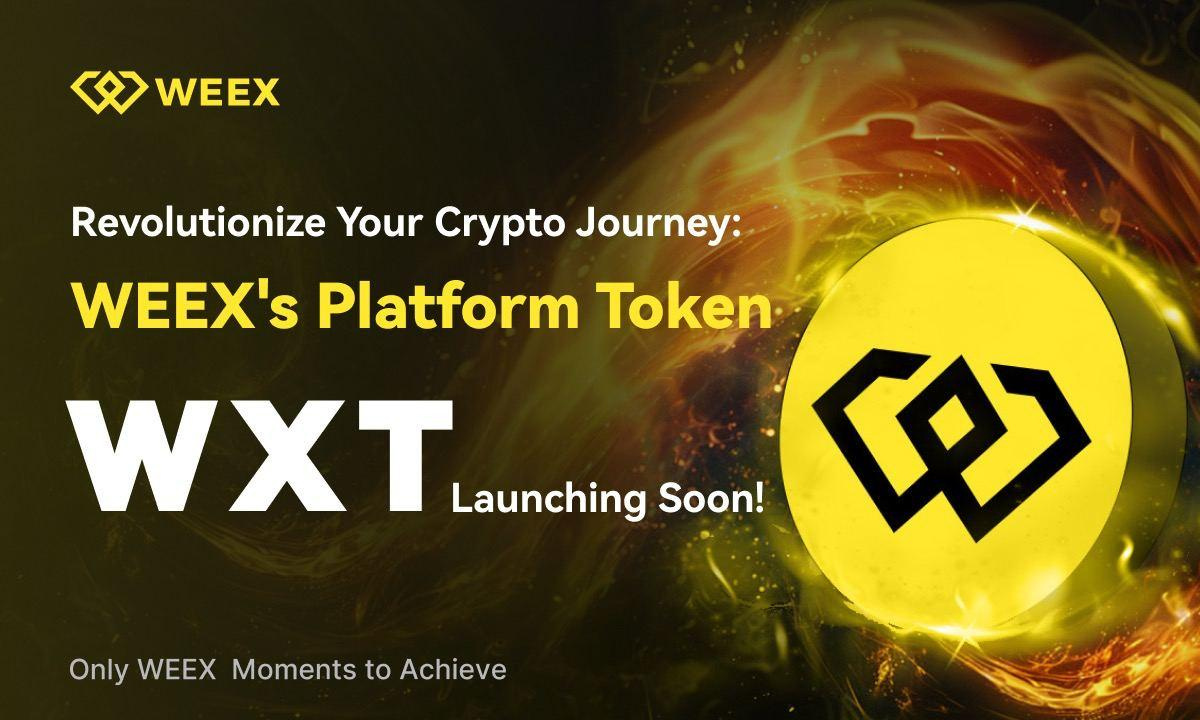Hoskinson Proposes To Congress Software-Enabled Crypto Self-Regulation.
Hoskinson believes that the crypto sector’s regulations should be better specified, but that obedience should come from the industry itself, not from regulatory agencies.

Cardano co-founder Charles Hoskinson has told Congress that crypto legislation should be created but compliance should be left to software developers.
During a congressional hearing on June 23, Hoskinson compared the ideal setup for crypto regulation to the way financial self-regulation works, telling lawmakers that “it’s not the SEC or the CFTC going out there doing KYC-AML, it’s banks.”
“It’s a public-private partnership. What needs to be done is to establish those boundaries, then what we can do as innovators is write software to help make that happen.”
The Securities and Exchange Commission (SEC) and the Commodity Futures Trading Commission (CFTC) are two financial regulators vying for crypto industry jurisdiction.
Republican Representative Austin Scott of Georgia asserted that neither the SEC nor the CFTC have the resources to oversee the thousands of cryptocurrencies on the market, claiming that “it is not possible to regulate all of these currencies.”
Hoskinson responded that because cryptocurrencies can store and transfer data, they can automate much of the regulatory work. He also used it to justify allowing the crypto business to form self-regulating organizations (SRO) to advise regulatory compliance, similar to how the private banking industry does.

Hoskinson proposed that the industry develop a “self-certification system” that would continuously monitor compliance until an irregularity was discovered, at which point it would be reviewed by a financial authority.
Hoskinson theorized that even quadrupling the capacity of the Internal Revenue Service (IRS) would not be enough to audit every American, demonstrating why manpower should not be an issue for crypto regulation.
Hoskinson, on the other hand, informed Representative Scott that cryptocurrencies can be programmed to prohibit transaction settlements until legally mandated checks are conducted.
Hoskinson’s June 23 testimony, posted on the IOHK website, highlighted his eagerness to collaborate with federal regulators on drafting new rules, adding that compliance with U.S. regulation and legislation “must be a guiding value for the blockchain industry.”
“However, this is a new technology and a radically new asset class that can not readily fit within the confines of the laws and tests created almost a century ago.”
Hoskinson’s calls for greater boundaries in the crypto regulatory landscape echo those expressed by other industry insiders last December in the United States. SEC Commissioner Hester Peirce recently attributed the SEC’s refusal to launch spot Bitcoin exchange-traded funds (ETFs) in the US to a lack of regulatory clarity.
DISCLAIMER: The Information on this website is provided as general market commentary and does not constitute investment advice. We encourage you to do your own research before investing.
Join CoinCu Telegram to keep track of news: https://t.me/coincunews
Follow CoinCu Youtube Channel | Follow CoinCu Facebook page
Patrick
CoinCu News



















